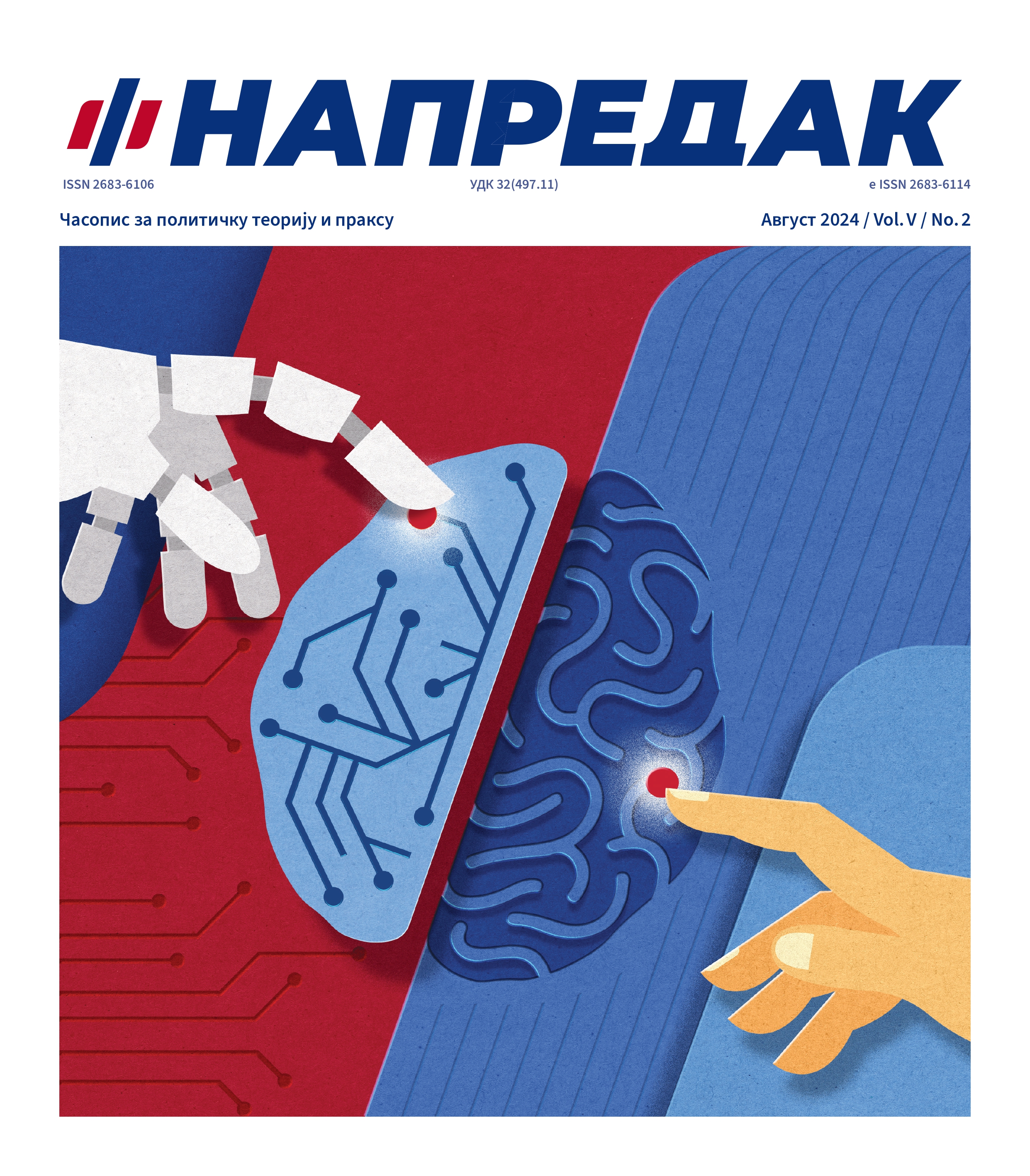A New Paradigm of Education and Potentials of Artificial Intelligence
Abstract
This paper addresses the possibility of using artificial intelligence (AI) in education and establishing rules, restrictions and procedures for the safe use of AI in different fields. In the past two decades, we have been trying to improve educational technology by using multimedia, hypermedia, virtual and extended reality, as well as educational software. It has led to the raised quality of learning, increased dynamics and obviousness of the teaching process, as well as encouraged motivation of students. In the past few years, the possibilities of using AI in education have been researched, particularly in the sphere of personalized learning, more dynamic teaching, as well as complex evaluation of students’ work. The paper analyzes the benefits, challenges and risks in relation to the use of AI in education and emphasizes the importance of maintaining balance between AI and human interaction. It also analyzes the use of robots in education with the aim of encouraging creativity and critical thinking, as well as developing problem-solving skills through the development of algorithm thinking. In the past year, the application of ChatGPT has been intensified in education and that is why it is necessary to define rules and procedures in which this technology would contribute to teaching and learning.
References
Baker, R.S., Inventado, P.S. (2014). Educational Data Mining and Learning Analytics. In: Larusson, J., White, B. (eds) Learning Analytics (61-75). New York: Springer.
D’Mello, S. & Graesser, A. (2012). Dynamics of affective states during complex learning. Learning and Instruction, XXII (2), 145–157. https://doi.org/10.1016/j.learninstruc.2011.10.001
Mandić, D. (2023). Report on Smart Education in the Republic of Serbia. In: Zhuang, R., et al. (eds) Smart Education in China and Central & Eastern European Countries. Lecture Notes in Educational Technology (271-291). Singapore: Springer.
Mandić, D., Miščević, G., Bujišić, Lj. (2024). Evaluating the quality of responses generated by ChatGPT. Metodička teorija i praksa, XXVII (1), 5–19. DOI:10.5937/metpra27-51446.
Milutinović, V., Mandić, D. (2022). Predicting Teachers’ Acceptance to Use Computers at Traditional and Innovative Levels in Teaching Mathematics in Serbia. Inovacije u nastavi, XXXV (2), 71–88. https://doi.org/10.5937/inovacije2202071M
Ristić, M., Mandić, D. (2018). Readiness of Education System for mobile learning. LII (3), 1044-1071. DOI: 10.5937/socpreg52-18707

